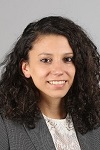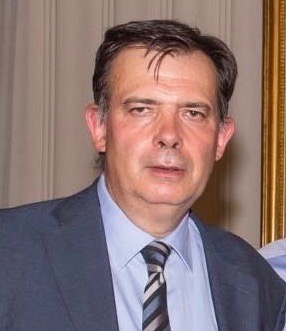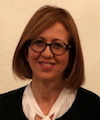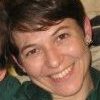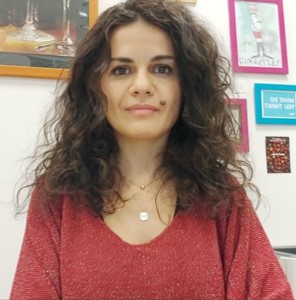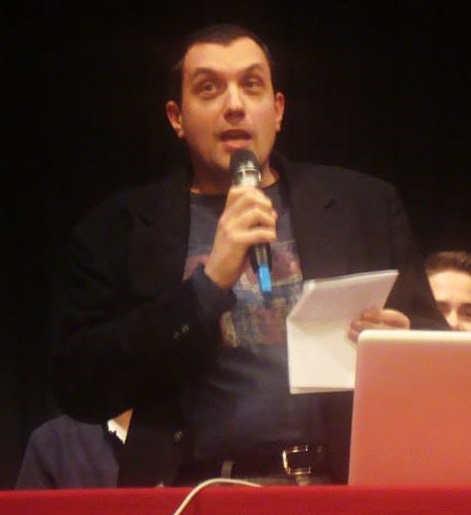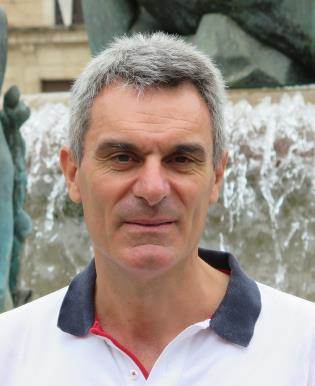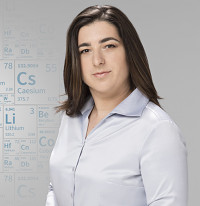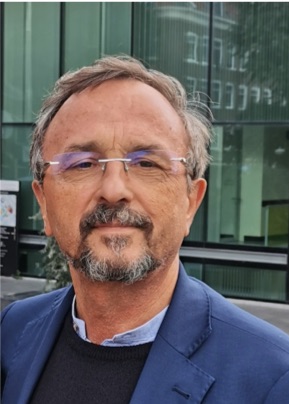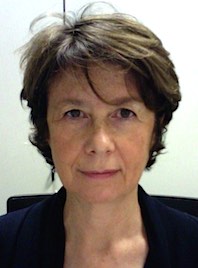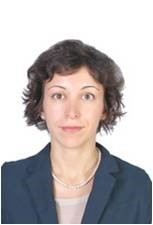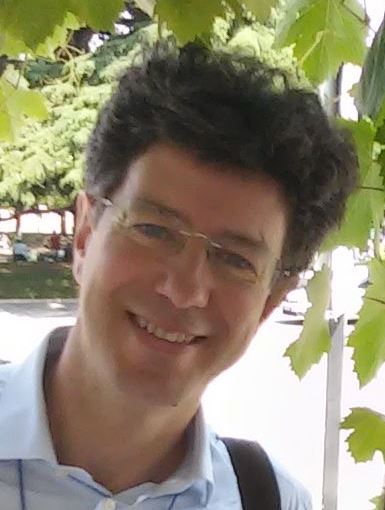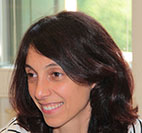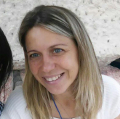Studying at the University of Verona
Here you can find information on the organisational aspects of the Programme, lecture timetables, learning activities and useful contact details for your time at the University, from enrolment to graduation.
Academic calendar
The academic calendar shows the deadlines and scheduled events that are relevant to students, teaching and technical-administrative staff of the University. Public holidays and University closures are also indicated. The academic year normally begins on 1 October each year and ends on 30 September of the following year.
Course calendar
The Academic Calendar sets out the degree programme lecture and exam timetables, as well as the relevant university closure dates..
| Period | From | To |
|---|---|---|
| I semestre | Oct 1, 2018 | Jan 31, 2019 |
| I semestre - 3° anno | Oct 29, 2018 | Jan 31, 2019 |
| II semestre | Mar 4, 2019 | Jun 14, 2019 |
| Session | From | To |
|---|---|---|
| Sessione invernale d'esame | Feb 1, 2019 | Feb 28, 2019 |
| Sessione estiva d'esame | Jun 17, 2019 | Jul 31, 2019 |
| Sessione autunnale d'esame | Sep 2, 2019 | Sep 30, 2019 |
| Session | From | To |
|---|---|---|
| Sessione di laurea estiva | Jul 19, 2019 | Jul 19, 2019 |
| Sessione di laurea autunnale | Nov 22, 2019 | Nov 22, 2019 |
| Sessione di laurea invernale | Mar 20, 2020 | Mar 20, 2020 |
| Period | From | To |
|---|---|---|
| Sospensione dell'attività didattica | Nov 2, 2018 | Nov 3, 2018 |
| Vacanze di Natale | Dec 24, 2018 | Jan 6, 2019 |
| Vacanze di Pasqua | Apr 19, 2019 | Apr 28, 2019 |
| Vacanze estive | Aug 5, 2019 | Aug 18, 2019 |
Exam calendar
Exam dates and rounds are managed by the relevant Science and Engineering Teaching and Student Services Unit.
To view all the exam sessions available, please use the Exam dashboard on ESSE3.
If you forgot your login details or have problems logging in, please contact the relevant IT HelpDesk, or check the login details recovery web page.
Should you have any doubts or questions, please check the Enrollment FAQs
Academic staff
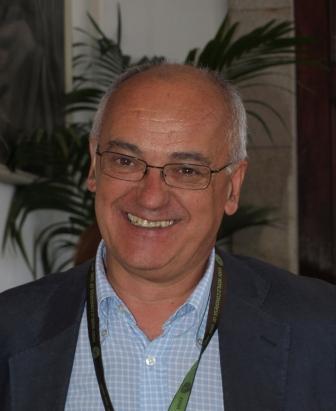
Boselli Maurizio
 maurizio.boselli@univr.it
maurizio.boselli@univr.it
 3478344185
3478344185
 lorenzo.meneghini@univr.it
lorenzo.meneghini@univr.it
 chiara.nardon@univr.it
chiara.nardon@univr.it
Sandri Marco
 marco.sandri@univr.it
marco.sandri@univr.it
Study Plan
The Study Plan includes all modules, teaching and learning activities that each student will need to undertake during their time at the University.
Please select your Study Plan based on your enrollment year.
1° Year
| Modules | Credits | TAF | SSD |
|---|
2° Year activated in the A.Y. 2019/2020
| Modules | Credits | TAF | SSD |
|---|
3° Year activated in the A.Y. 2020/2021
| Modules | Credits | TAF | SSD |
|---|
| Modules | Credits | TAF | SSD |
|---|
| Modules | Credits | TAF | SSD |
|---|
| Modules | Credits | TAF | SSD |
|---|
Legend | Type of training activity (TTA)
TAF (Type of Educational Activity) All courses and activities are classified into different types of educational activities, indicated by a letter.
Agricultural and wine microbiology - MICROBIOLOGIA ENOLOGICA (2019/2020)
Teaching code
4S003186
Credits
6
Coordinator
Not yet assigned
Language
Italian
Scientific Disciplinary Sector (SSD)
AGR/16 - AGRICULTURAL MICROBIOLOGY
To show the organization of the course that includes this module, follow this link: Course organization
The teaching is organized as follows:
Teoria
Laboratorio [Laboratorio - esercitazioni 1° turno]
Laboratorio [Laboratorio - esercitazioni 2° turno]
Learning outcomes
------------------------
MM: Teoria
------------------------
The module will provide the instruments needed to acquire theoretical and practical skill on the biotechnological aspects of fermentation and transformation of must and wine, and on the stability of the final product. These skills are of great importance to understand, manage, and optimize the activities of yeasts and bacteria in relation to the characteristics of the must and the wine to be obtained, as well as of the productive process applied.
------------------------
MM: Laboratorio
------------------------
Laboratory exercises to acquire competence on classical and innovative analytical methods.
Program
------------------------
MM: Teoria
------------------------
The microorganisms of oenological interest: yeasts and bacteria in winemaking. The yeasts: classification, metabolism, reproduction, genetics. The must as a substrate for microbial development. The alcoholic and malolactic fermentations. The principal and secondary products of fermentation. The lactic acid bacteria: definition and classification. The malolactic fermentation: effects on the sensory characteristics and the wholesomeness of wines. Other microorganisms of oenological interest: acetic acid bacteria and mould. Wine spoilage of microbial origin. Definition and characteristics of spoilage microorganisms. Production of biogenic amines, etilcarbammate and ochratoxin. Microbial ecology: the spontaneous fermentation of grape must. The controlled fermentations. Starter cultures of yeasts and malolactic bacteria for wine. Clonal selection of yeasts, genetic improvement, selection of technological and qualitative characteristics, autolytic capacity. Clonal selection of malolactic bacteria, selection of technological and qualitative characteristics. Use of microbial inoculants in oenology. Working conditions, induction / arrest of alcoholic fermentation. Microbial interactions and wine quality. Methods for the isolation, identification and technological characterization of yeasts and malolactic bacteria. Traditional methods. Direct and indirect rapid methods. Molecular techniques.
------------------------
MM: Laboratorio
------------------------
- Microscopy applied to microorganisms of oenological interest (elliptic and apiculate yeasts, lactic bacteria, acetic bacteria, molds). - Analysis of the microbiological quality of oenological starter. Yeast isolation. - Physiological and technological tests on isolates. - DNA extraction and genetic typing of Saccharomyces cerevisiae strains. - Microvinification trials and monitoring of malolactic fermentation.
Bibliography
| Activity | Author | Title | Publishing house | Year | ISBN | Notes |
|---|---|---|---|---|---|---|
| Teoria | Suzzi G. & Tofalo R. | Microbiologia enologica (Edizione 2) | Edagricole | 2018 | 978-88-506-5557-1 |
Examination Methods
------------------------
MM: Teoria
------------------------
The assessment of learning, for both attending and non-attending students, will be done at the end of the module through a written test of approximately 75 minutes, during which text books, notes, and other tools are not admitted. The test consists of 8 open questions for each of which a maximum score of 2 points will be assigned, and 20 multiple choice questions, each associated with a maximum of 1 point. The examination will be considered positive if at least 18 points will be assigned to the candidate. To gain access to the test, at least the previous day of the test, the candidate must submit a report on the practical activities carried out in the laboratory; this report will have a maximum score of 2 points. Scores higher than 31 will result in the "laude". It is possible to view the performed test and ask for clarification. In case the written test is not passed, the assessment of learning will be carried out with an oral exam which consists of three or four questions posed to each candidate. The exam lasts about 30 minutes. Both written and oral examinations are aimed to assess and verify the skills and knowledge acquired in the issues addressed throughout all the course program. The course of Agricultural and Wine Microbiology will be considered positive if the score of at least 18 points will be reached in both the modules and the final score will derive from the arithmetic mean of the scores obtained in the two modules.
------------------------
MM: Laboratorio
------------------------
Students have to prepare a report on the practical activities carried out in the laboratory; this report will be provided at least the day before the written test, and will be evaluated with a maximum score of 2 points. This score will be added to the mark obtained in the exam on the contents of the course.
Type D and Type F activities
Modules not yet included
Career prospects
Module/Programme news
News for students
There you will find information, resources and services useful during your time at the University (Student’s exam record, your study plan on ESSE3, Distance Learning courses, university email account, office forms, administrative procedures, etc.). You can log into MyUnivr with your GIA login details: only in this way will you be able to receive notification of all the notices from your teachers and your secretariat via email and soon also via the Univr app.
Graduation
Attendance
As stated in the Teaching Regulations for the A.Y. 2022/2023, attendance is mandatory for practical and laboratory activities, unless otherwise determined by the Teaching Committee.
Documents
| Title | Info File |
|---|---|
|
|
pdf, it, 121 KB, 18/10/23 |
